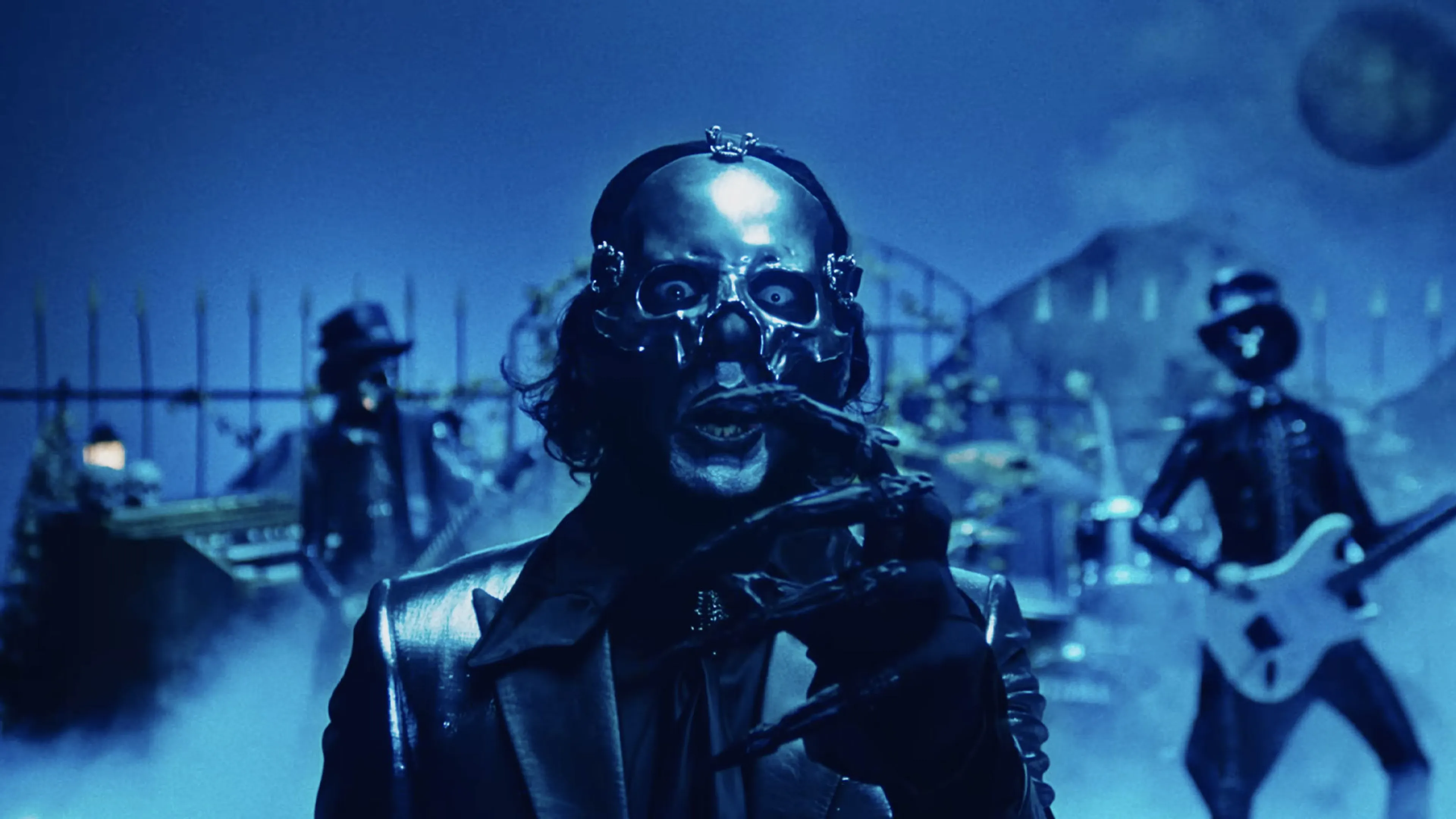Undoubtedly the breakout band in heavy music over the past decade, it’s been a wild ride for Swedish creeps Ghost. Melding elements of hard rock, doom, classic metal, psychedelia and outright guitar-pop – then daubing on the corpsepaint – their combination of deceptively digestible sound, occultist ethos and anti-ecumenical aesthetic has captured the imagination of music fans and sling-shotted their live 'rituals' into arenas on both sides of the Atlantic.
Of course, mysterious mainman Tobias Forge (aka Papa Emeritus I-IV, aka Cardinal Copia) has had his struggles. In 2013, the band was forced to temporarily rebrand as Ghost B.C. for legal reasons in the U.S. The initially intriguing, fluid anonymity of his bandmates’ Nameless Ghoul personas (even Dave Grohl apparently once donned the cowl) became a sticking point, too, as the collective sued Tobias in 2017, failing in their suit but also dispelling some of the precious mystique.
That Tobias has endured – not just surviving, but flamboyantly thriving in the heightened spotlight – feels like proof his band are here to stay. New music is eagerly anticipated in the not-so-distant future but, for now, we rank the 20 tracks on which Ghost have built their unholy empire thus far...








